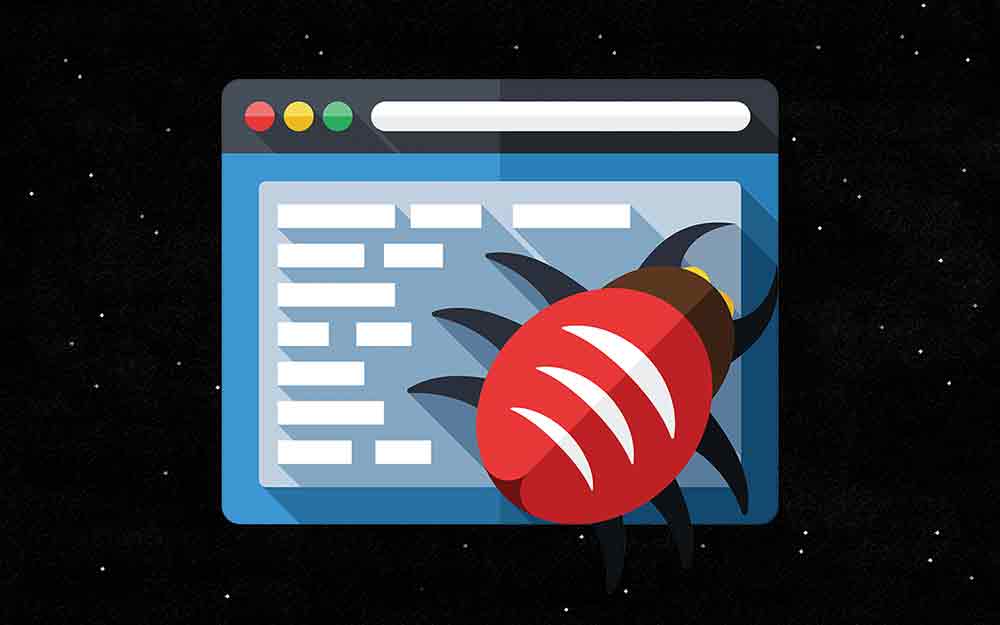
Today, most endpoint protection is hosted either entirely or largely in the cloud. This means that powerful endpoint protection has become crucial to keeping an organization’s network safe. On top of this, we live in a world where increasingly more employees are working remotely and using their own devices rather than office computers. Despite this, 1 in 5 of UK- and US-based SMBs don’t use any endpoint security mechanism at all. In fact, because they tend not to have the generous security budget that larger enterprises do, SMBs may seem like easier targets for hackers. Small- and medium-sized businesses (SMBs) are just as likely to suffer from a malware attack as any large-scale organization. Learn more about Defender ATP.Antivirus software is a type of endpoint protection that secures individual endpoints by detecting and blocking malicious files. Microsoft Defender ATP is an enterprise endpoint security platform designed to help enterprise networks prevent, detect, investigate, and respond to advanced threats. UNF uses Microsoft Defender ATP anti-virus for faculty and staff. Malicious software, or "malware" includes: viruses, trojans, key loggers, hijackers, and other code that vandalizes or steals your computer contents. Ransomware is the latest trend in malware that infects a computer and attempts to encrypt all files on the computer and files that computer has access to over the network.Īntivirus is protective software designed to defend a computer against malicious software. While they don't replicate as worms and viruses do, they can be just as destructive as viruses. Trojans infect your computer by hiding inside otherwise innocuous programs such as games, or they can arrive via e-mail. They can quickly replicate by exploiting commonly used programs such as e-mail address books. Worms are viruses that spread over networks and the Internet, often by hiding within e-mail attachments or already infected network directories. Nasty cousins of viruses are worms and Trojans.


Viruses can use up your computer's memory, can prevent it from booting, and will spread to other computers via diskette. A virus is a program that loads itself onto your computer and executes instructions that can damage your files and even delete them.


 0 kommentar(er)
0 kommentar(er)
